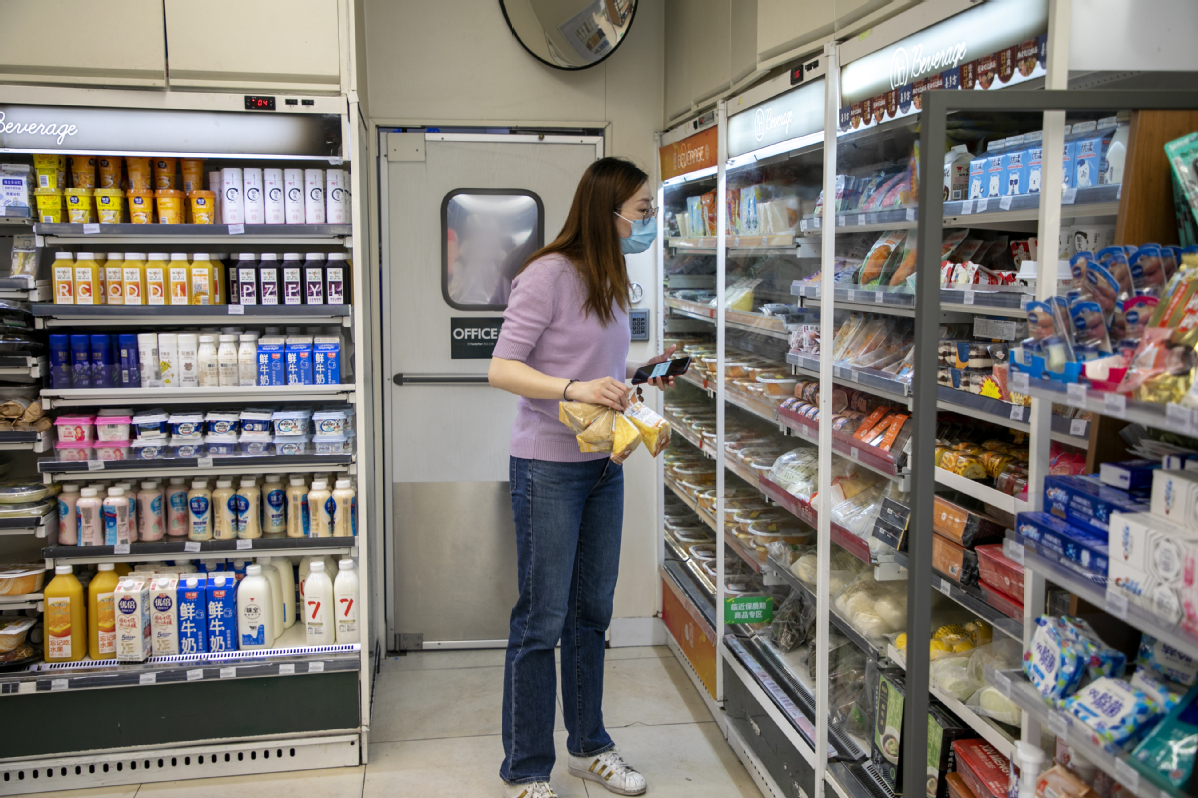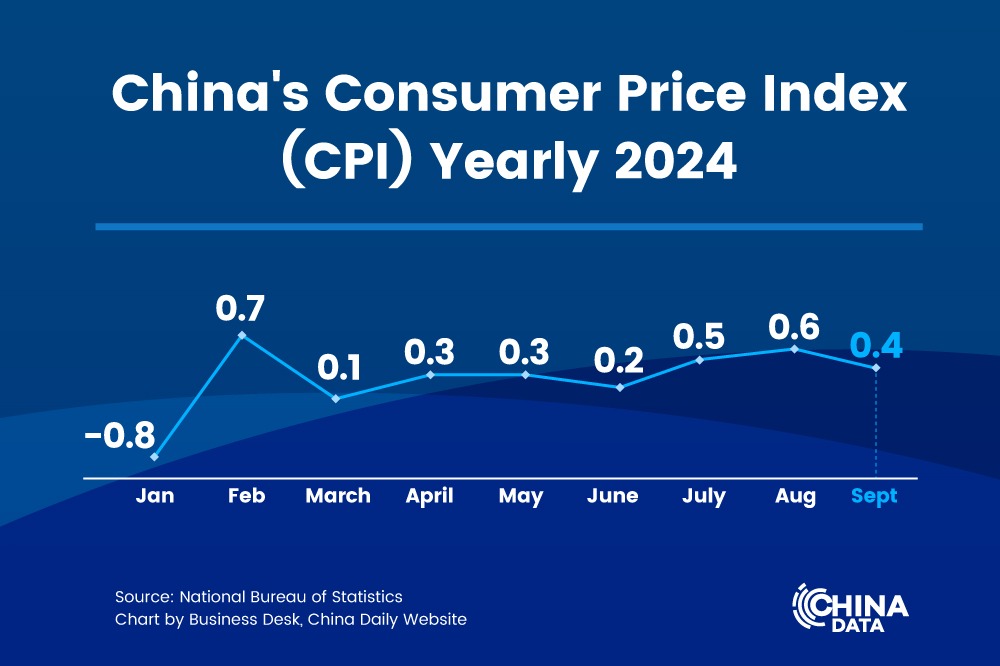Crafted ads, reminders driving store sales
Facial recognition tech, previous buying records helping convenience shops provide customized marketing to consumers


Advertising to influence consumers' shopping decisions at convenience stores can be challenging, especially when targeting Gen Z and younger shoppers.
However, one convenience store chain operator based in Fujian province, East China, believes it has found a better approach.
"When customers purchase a toothbrush, a recommendation for toothpaste appears on the screen near the counter. If they buy a piece of bread, they are shown suggestions for jams," said Zhang Li, chairman of Fook Convenience Store, a regional player that operates about 2,200 stores.
"Younger consumers in China have a strong sense of self-belief. They don't want to see another toothbrush recommendation. They prefer not to be told what to buy but appreciate gentle reminders of complementary products."
These advertisements, crafted to evoke demand and address overlooked needs, play a significant role in influencing buying behavior, Zhang said.
His convenience store chain, Fook — a privately owned company — operates across three provinces, namely Fujian, Jiangxi and Sichuan.
In collaboration with technology firm Zkdigimax, Fook has developed an algorithm based on facial recognition technology and previous shopping records to predict customers' potential requirements.
Recommendations for personalized items are then displayed on the screen near the counter to align closely with customers' anticipated purchases.
"The impact of associative advertising has been remarkable," Zhang said. "It represents a major breakthrough in the convenience store industry, positioning us at the forefront."
Zhang said that younger consumers in China gravitate toward emotional and individualistic consumption, placing a premium on convenience.
Understanding their shopping behaviors and managing their expectations are critical for the future viability of convenience stores, he added.
"We are not dictating what they should buy, which can be off-putting for young consumers. Instead, we aim to enhance their shopping experience by offering tailored recommendations. We simply awaken their hidden needs and remind them of what they may have wanted but forgotten in that moment," Zhang said.
The technology currently relies on data from Fook's stores and is still in development to improve the accuracy of estimations and advertising, he said.
Despite stagnant expansion in scale, the company in fiscal year 2023 achieved a 10 percent growth in revenue compared to the previous year. Profits have seen a slight increase, thanks to intense competition that has driven aggressive price promotions.
Zhang said that the decline of hypermarkets nationwide has bolstered the performance of community convenience stores, which, compared to their advanced counterparts in Japan, still hold significant potential.
Fook was among the sector's outperformers last year. Compared to the prior year, 2023 witnessed an overall upswing in sector sales, with 81.4 percent of convenience store enterprises reporting year-on-year growth in total sales, while 16.9 percent experienced declines, according to a survey conducted by the China Chain Store & Franchise Association.
The survey was based on the performance of 59 convenience store enterprises in 2023, spanning 110,638 venues.
Moreover, the industry saw a steady expansion in store numbers, with 13,148 new stores opening, offsetting the closure of 4,076 outlets and resulting in a net increase of 9,072 stores, said the survey.
The highlight of the survey is the accelerated pace at which top enterprises, boasting over 1,500 stores, expanded their footprint, accounting for nearly 80 percent of the net increase.




































